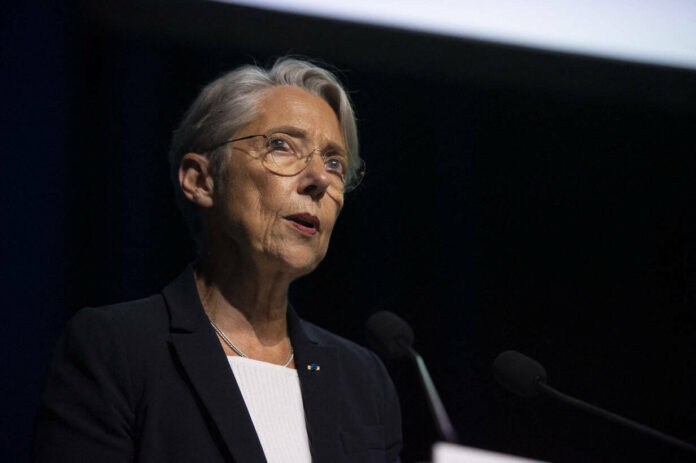Since the beginning of 2023, the real estate market has been in crisis. After the abolition of property tax on main homes, most cities announced an increase in the tax for second homes. But this Monday, June 5, 2023, Elisabeth Borne must announce new measures to help landlords in the face of the housing crisis.
According to estimates made by Le Parisien’s partner, Meilleurs Agents, two-thirds of the thirty-five largest French cities have shown falling prices since January 2023. Added to this are longer sales times, as well as more difficult negotiations. . In April, a drop of -0.1% was recorded across the country. However, spring is reputed to be the most flourishing period for real estate professionals. This fall is more or less significant depending on the city.
Thomas Lefebvre, scientific director at Meilleurs Agents, spoke of a complicated start with our colleagues from Parisian. Indeed, “mix constrained purchasing power, a shortage of supply and complicated access to credit and you get a bearish cycle”, he analyzes. The loans granted by the banks are proof of this. There are 30% less compared to the previous year.
“Paris, which for five years has been pulling the market up, is experiencing a historic drop, -5%. Unheard of since the subprime crisis in 2008”, announces Thomas Lefebvre. The city of Tours even comes first in the deficit category with a rate of -6.3% over the year. Just behind, we find the city of Besançon with – 2.8%, followed by Rennes with – 2.1%. This decline also leads to the return of negotiations and criteria that weigh the balance. So how does the government intend to help the professionals concerned? Will the measures announced be sufficient?
Among one of the key measures to be announced by Elisabeth Borne is the extension of the zero-rate loan (PTZ) until 2027 in areas considered “tense”. As a reminder, this device concerns first-time buyers subject to means testing. The latter was originally scheduled to end on December 31, 2023.
Nevertheless, for professionals in the sector, “this is good news, of course, but it is not enough. Because today, it is capped at 20% of the amount in new buildings. With the increase in rates of interest and the difficulty of access to credit, this ceiling should be raised to 40% to be really effective and to bring back first-time buyers. They are 60% currently to be refused their loans by the banks “, says Olivier Salleron, president of the French Building Federation.
To relax the rules for granting mortgages for these first-time buyers, the government wants the wear rate to be recalculated every month instead of once a quarter. As a reminder, the latter corresponds to the maximum rate of a loan to protect buyers. But these are not the only measures planned by the government.
Among the devices that the government wishes to extend, we find the real solidarity lease (BRS). The latter allows the most modest households to also become owners of their homes by renting the land at low rent to obtain a lower purchase price. The ceiling of this lease should therefore be increased to allow more households to benefit from it. For the other tenants, other arrangements must be announced.
The Visale guarantee, a surety system in which the State is the tenant’s guarantor, should be extended. Indeed, its conditions of issue will be studied again to allow two million French people to benefit from it in 2027 instead of one million today.
Elisabeth Borne should also announce the reform of the MaPrimeRénov ‘system with the opening of new counters. The objective is to encourage work to be carried out and to increase financial resources. Finally, on the social level, the State has decided to put 160 million euros in the Housing First scheme, which aims to fight against poor housing.
Nevertheless, “in the end, it’s not much. The State still punctures social landlords to the tune of 1.3 billion each year. In addition, nothing has been announced concerning the supervision of land prices and rents, nothing either on the tax on unbuilt land… In short, we hope for other announcements this Monday, because these measures will not encourage the creation of social housing”, explains Christophe Robert, general delegate of the Abbé Pierre Foundation. Professionals therefore hope that these announcements will be followed by other measures soon.















